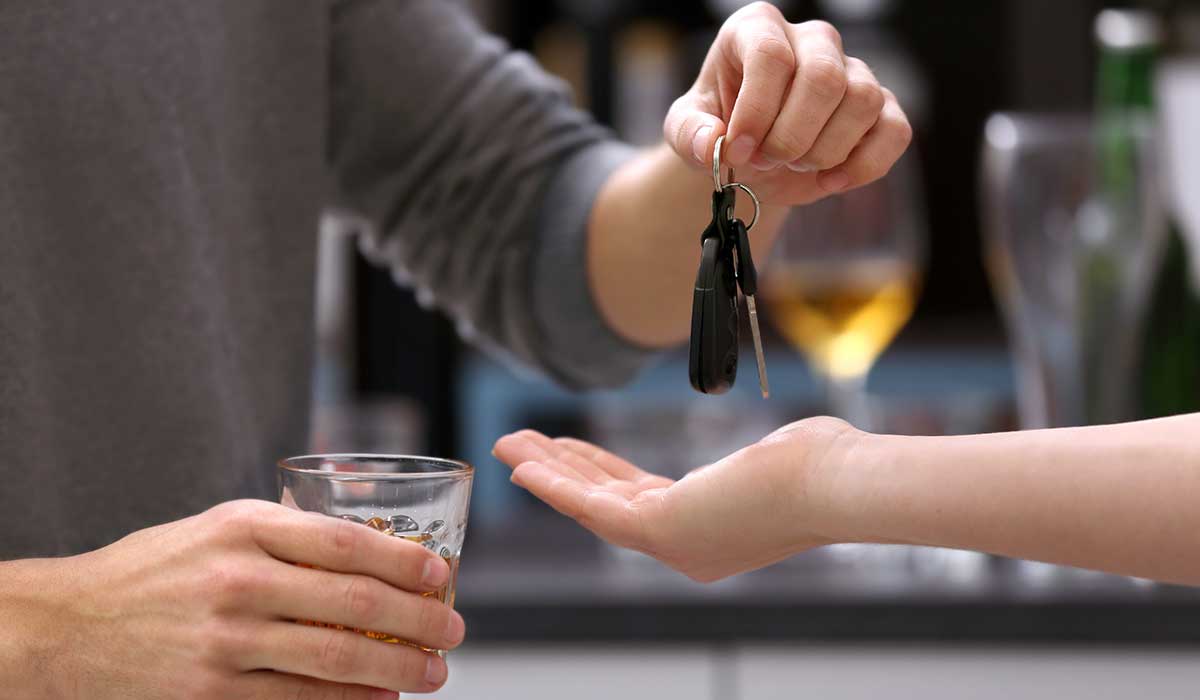In December 2018, the government introduced new draconian measures which effectively lowered the permissible blood/alcohol level, eliminated previously available defense of bolus drinking or last drink defense as well as dispensed with current minimum constitutional prerequisites to searching the motorists by obtaining their breath samples into an approved screening device (roadside testing) in certain circumstances.
Over ’80 vs ’80 Over
First of all, the offense of driving with more than the legal limit which used to be called “over ‘80” is now commonly referred to as “’80 over”. The reason for it is that under the law as it stood prior to December 2018, when your intoxilyzer breath readings were obtained, they were truncated to the nearest lower number ending with 0, i.e. if you blew 123, your result would be truncated to 120, if you blew 99, the truncated reading would be 90 and so on and so forth. So, if you blew anywhere between 80 and 89, the result would be reported as 80 and since the offense was “over ‘80”, you would not be charged.
The truncation still remains in place, but the new legislation now punishes those who blow 80 or over which effectively lowers the blood alcohol level from 89 to 80. At the end of the day, this is not the biggest problem with the new legislation. After all, the government can make the permissible blood/alcohol lower to improve road safety.
The real problem is that in order to prevent the legitimate defense of bolus drinking, the new legislation prohibits a motorist to have a blood/alcohol limit of 80 or over for TWO hours after such motorist finished driving unless he or she did not reasonably expect to be subjected to breathe tests. What does it mean? Well, that largely depends on the particular circumstances of your case.
This part of the legislation is nothing more but a clumsy attempt to prevent people from relying on bolus drinking or last drink defense and like any attempt to prevent something that does happen, it looks and sounds absurd and may lead to really odd results. In this particular case, the new law criminalizes something which happens after driving (as long as two hours after) which is ridiculous and hopefully will be ultimately found unconstitutional. However, at least for now, we have to deal with this new law as it stands.
What Is “Bolus Drinking”?
You may wonder what bolus drinking or last drink defense is? Well, the alcohol gets absorbed in the human body gradually, reaches its maximum concentration based on your weight and amount consumed, and then, also gradually leaves your system. So depending at which point of this continuum you get caught driving, your blood/alcohol level at the time of driving (which used to be the relevant time for the purposes of over ’80 charge) may be within the legal limit, however, by the time you get to the police station and are subjected to breathe tests, your blood/alcohol level climbs above the legal limit. This defense arises in cases of consumption of large quantities of alcohol within approximately 15 minutes of being stopped by police and such cases do happen. The last drink defense is a variety of bolus drinking defenses. Say, you have three beers which for you translate into a blood/alcohol level of 75 mg in 100 ml of blood (within the legal limit), but then you consume yet another beer before leaving the bar and within 15 minutes of this last drink, get stopped by the cops. At the time of traffic stop, this last drink has not yet been absorbed into your system, so you are still driving with 75 mg/100 ml of blood. By the time your samples are taken through the fourth beer is fully absorbed and you blow 100 which is above the legal limit.
So what the new legislation was designed for is to eliminate this defense by shifting the relevant time from the time of driving to up to two hours after the driving is finished which is mind-boggling. It seems that a fairer way of dealing with the issue would be to reduce the permissible blood/alcohol level all the way to 0.
Are There Any Exceptions?
The only exception envisaged by the new legislation is if: (i) the accused consumed alcohol after ceasing to operate a motor vehicle; (ii)after ceasing to operate the motor vehicle, the accused had no reasonable expectation that he or she would be required to provide a sample of breath or blood; and (iii) the accused’s alcohol consumption is consistent with the blood/alcohol level as determined by breath sample analysis with an approved instrument or with a blood sample analysis and with a blood/alcohol level which was less than 80 mg of alcohol in 100 mL of blood at the time when the accused was operating the motor vehicle. Sounds impossible? Again, it depends on the particular circumstances of your case.
What if I Was Charged Under the Old Legislation, Am I Subject to the New Regime?
It is important to remember that the new drinking and driving legislation is not retroactive, so if you were charged prior to the date when new amendments came into force, the old defenses (such as bolus drinking) are still available to you.
So Are There Any Defenses Left?
Since the passing of this legislation, in many cases, the only defense to ’80 overcharge will be to challenge the admissibility of test results which makes it even more important to have an experienced impaired driving lawyer on your side.
